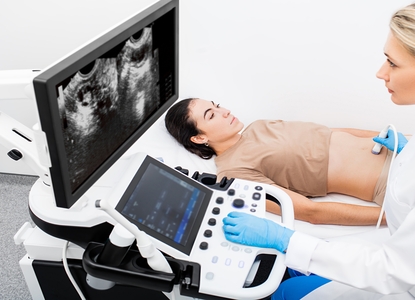
Diagnostic Tests and Assessments
Fertility clinics use certain tests to check for other reproductive health issues and recommend treatments based on them. Theyre also known for hormone level evaluations, semen analysis, Ultrasound, HSG scans for blocked fallopian tubes, genetic tests for fertility disorders, etc. This helps fertility doctors create tailored treatment plans for their patients.
1. Advanced Fertility Treatments
- Most fertility clinics offer a wide range of advanced treatment procedures aimed at helping patients achieve their reproductive goals. Some of the most common include the following.
2. In Vitro Fertilization (IVF)
- This is one of the most popular types of assisted reproductive technology. In IVF, eggs harvested from the ovaries are fertilized in a lab, and the embryos are subsequently transferred into the uterus. IVF has a high success rate in cases of female factors like tubal blockage, male factors, and unexplained infertility.
3. Intrauterine Insemination (IUI)
- IUI is the deposit of sperm into the uterus at the time of ovulation to optimize fertilization. Compared to IVF, IUI is much less invasive. It is often used for mild cases of male infertility or cervical mucus issues.
4. Intracytoplasmic Sperm Injection (ICSI)
- This is a type of IVF in which a single sperm is injected into the cytoplasm of a mature egg. This method is particularly useful in cases of oligoastheno teratozoospermia.
5. Fertility Preservation Techniques
- Methods aimed at delaying parenthood such as egg and sperm freezing offer advanced postpartum reproductive care. These methods are particularly helpful for patients on certain medical therapies that may jeopardize their fertility, like chemotherapy.
6. Emotional Aspects of Fertility Treatment
- The most common fertility treatments can be emotionally draining because of the level of uncertainty and stress tied to them. A lot of people have to cope with anxiety, depression, and even strained relationships during this period. It is advisable to seek professional help through therapy or deal with the problems through support groups and even open discussions with partners that help address the emotional turmoil accompanying fertility treatment.








